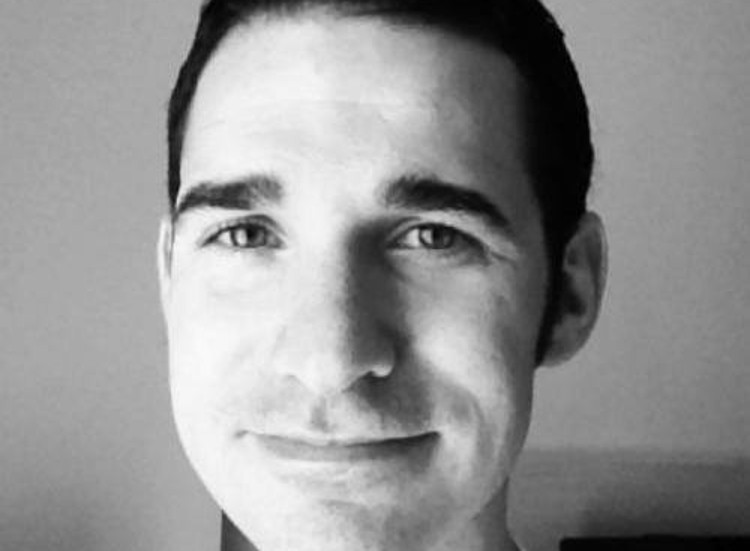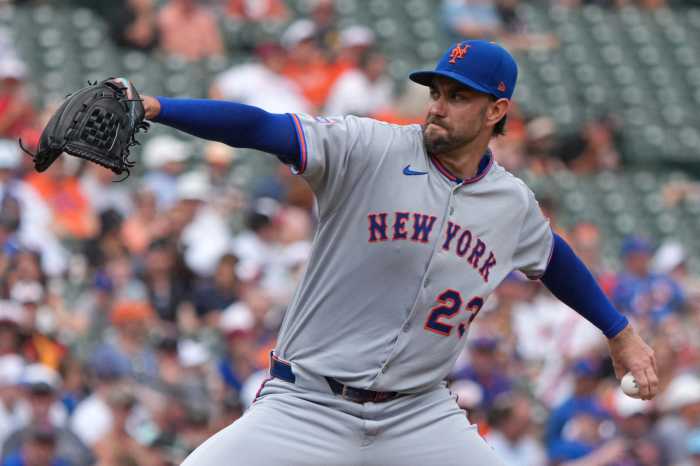Dr. Craig Spencer, the 33-year-old Manhattan man who became the first person in New York City to be diagnosed with the Ebola virus, was released from Bellevue Hospital Center on Tuesday after more than two weeks of treatment.
He was joined by Mayor Bill de Blasio at an event to celebrate his recovery and was reportedly greeted to raucous cheers from hospital workers in attendance. In a statement, Spencer thanked doctors for his treatment and said his recovery speaks to the “effectiveness” of the protocols already in place to treat health care workers returning from West Africa, where nearly 5,000 people have died from the disease.
“I am a living example of how those protocols work, and of how early detection and isolation is critical to both surviving Ebola and ensuring that it is not transmitted to others,” he said.
He noted that while his diagnosis attracted a deluge of coverage, his was but a “fraction” of the thousands of positive cases in such West African countries as Liberia, Guinea and Sierra Leone.
Spencer was rushed to the hospital on Oct. 23 after reporting symptoms of fatigue and a high fever. The Manhattan doctor had volunteered for Doctors Without Borders in West Africa.
Spencer was the fourth person to be diagnosed with the infectious virus in the US. The first was a Liberian man who died at a Dallas hospital, where he was receiving treatment. Two nurses who treated the man were also infected. Both women have made full recoveries.
Immediately after health officials confirmed Spencer’s positive diagnosis, de Blasio and Gov. Andrew Cuomo sought to urge calm among residents. But the following day, Cuomo joined New Jersey Gov. Chris Christie to announce that any health care workers arriving at two area airports from West Africa would be held under a mandatory quarantine for 21 days, the maximum incubation period for the disease. Kaci Hickox, a nurse from Maine, lashed out publicly after becoming the first person quarantined under the new rules, sparking widespread criticism of the mandatory quarantine.
Since Spencer was admitted, there have been no other positive Ebola cases in the United States.
To calm fears following his diagnosis, health officials went on an education-blitz, reminding people that Ebola is only spread through direct physical contact with a symptomatic patient, or their bodily fluids.
In his statement, Spencer said he volunteered for five weeks at an Ebola treatment center in Guinea. He said he cried as he comforted children succumbing to the disease, but also experienced “immense joy” when his patients eventually recovered.
He called health care workers in West Africa “heroes.”
“Please join me in turning our attention back to West Africa, and ensuring that medical volunteers and other aid workers do not face stigma and threats upon their return home,” Spencer said. “Volunteers need to be supported to help fight this outbreak at its source.”































